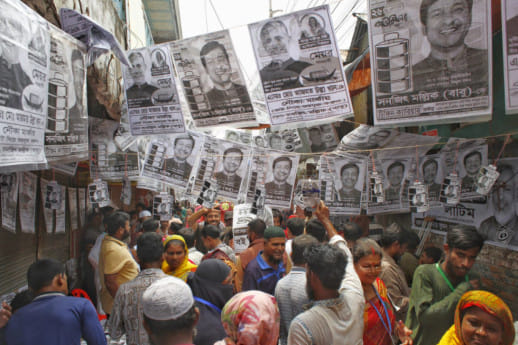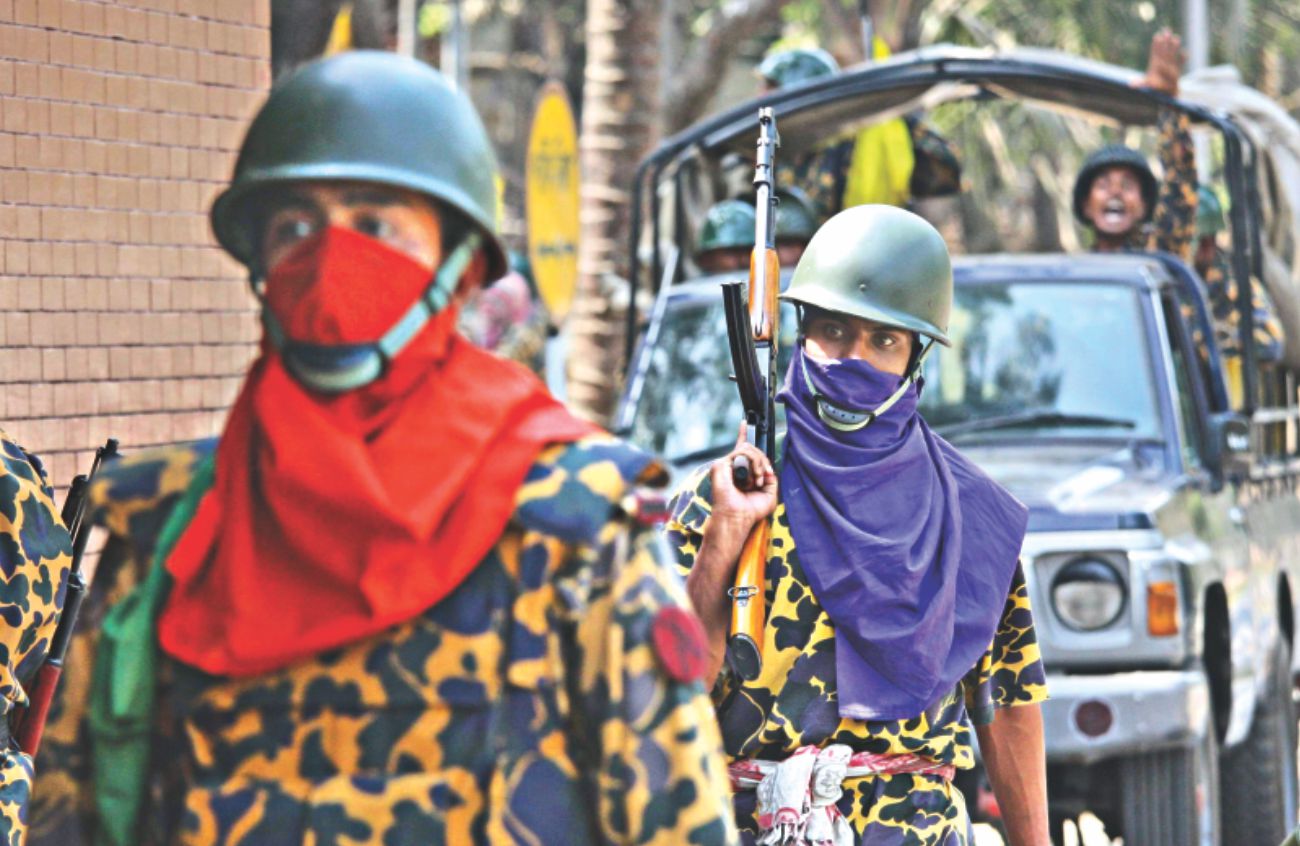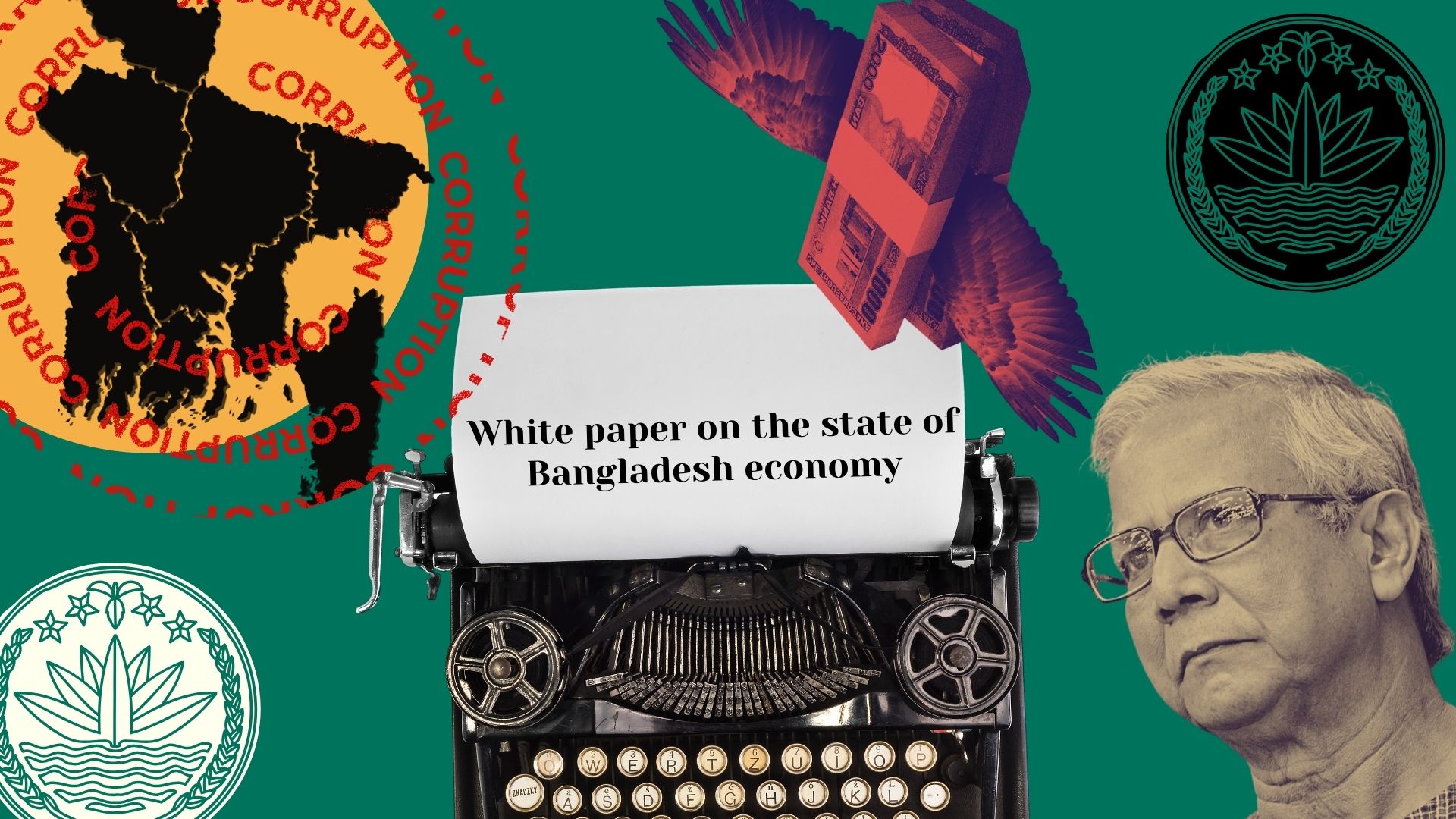The need for transparency in political financing

As more details emerge about the misdeeds of business groups like S Alam following the fall of the Awami League government, we are left to ponder just how deeply intertwined the fortunes of these business tycoons were with the political party at the centre of Bangladesh's authoritarian turn. While the correlation has long been clear, the causality will, hopefully, be established further as more investigations take place. But if we can only uncover the specifics of the financial relationships between industrial groups and political parties after dramatic resignations of prime ministers following mass uprisings, this does not bode well for the state of accountability in the country. Yet, these relationships have long shaped the fate of our country, enabling political parties to hide behind money to undermine democracy— disenfranchising of millions of poor and powerless.
Money is pivotal in politics, but if we want to prevent it from becoming poison as it has in the past, the democracy-oriented reform agenda of the interim government has to include robust mechanisms to ensure financial transparency in Bangladeshi politics.
Currently, political financing—or more specifically, campaign financing—in Bangladesh is governed through the Representation of the People's Order (RPO), 1972. It provides guidelines for candidates on how to maintain and report their finances, and restricts both candidates and parties to specific spending caps for election campaigns. After the latest regulations update, candidates cannot spend more than Tk 25 lakh on elections, while political parties are limited to Tk 4.5 crore if they field over 200 candidates (less if they field less).
Anyone familiar with the previous "elections" held between 2014 and 2024 will know that it is virtually impossible these spending caps were adhered to, despite parties' claims of compliance on paper. In 2018, for example, Awami League claimed to have spent Tk 1.05 crore on the election, BNP said it spent Tk 1.11 crore, and Jatiya Party got it done for just Tk 4.52 lakh. The reason they have been able to get away with these unabashed falsifications, as reported by Transparency International, was explained by Election Commission officials to The Daily Star in a report in the lead up to the 2024 election—when they admitted that EC does not have any effective means of verifying whether parties were adhering to these limits.
It is clear that if we want transparent political financing, the Election Commission must be given all the resources and independence to be able to implement the RPO, and possibly a better version of the RPO which encompasses the entire vertical of the political process. Going forward, the EC needs access to forensic accountants and the power to summon financial records from political donors. Every step needs to be taken to make these records as accessible as possible to voters, with the media taking a proactive role in highlighting discrepancies and suspicious connections found within these records.
This is not to suggest that business organisations or wealthy individuals should be prohibited from donating to political parties. They have the right to participate in politics, and providing funds can be their way of staying engaged. However, voters should have information on who is financially backing a candidate.
As reliance on small financial contributions by supporters and political party members and voluntary participation in political work has dwindled, it has become a global trend for political parties to turn to large businesses for funding. The larger the business, the larger their financial contribution, which often leads to an outsized influence in policymaking. Keeping elected officials free from donor influence requires separate regulations, but voters must be aware of the risks they take when voting for a candidate supported by a particular business.
This shift towards a more open environment in terms of access to information on campaign financing may even discourage political parties from entering into dangerous agreements with businesspeople and conglomerates, and encourage them to go back to the sort of politics that connects them to people and relies on supporters and members to finance their basic functions. The alarming trend of the majority of parliament members being businesspeople highlights the unhealthy intertwining of business and politics—a trend that has to be reversed.
While campaign financing is a core component of political financing, there is much more to it. Political parties in Bangladesh and globally for that matter must remain relevant through media and social media outside of election cycles, which also costs money. Regulating political financing should not hinder the survival of political parties. Legal, transparent, and democratically engaging fundraising methods need to be left open for them.
In Germany, elected officials are asked to pay a portion of their salaries to the party which nominated them, a process which has both benefits and pitfalls. In many countries, including the UK, Sweden, Spain, Canada, and Australia, the state provides direct funds to political parties once they qualify for it through electoral means. Some nations indirectly support political parties by allowing them to use state resources such as the state media. Foreign aid for political parties can be a contentious matter, but considering the vast Bangladeshi diaspora, a mechanism could be created for their contributions to support democracy without inviting foreign influence.
Ultimately, those who fund politics will always have influence on political parties, and should a candidate get elected, this influence will then seep into the government. Whether or not it's a huge conglomerate or regular people contributing to the coffers of parties, they will always expect their money to carry weight, which is why transparency is paramount to this process. Every penny raised and spent by political parties or campaigns must be publicly available so that voters can make informed decisions.
The UN's focus on Artificial Intelligence for this year's International Day of Democracy is relevant for Bangladesh, where technology could help make democratic processes more transparent and efficient. However, the foundation for such progress lies in a resource that has somehow become increasingly scarce: common sense.
Azmin Azran is digital features coordinator at The Daily Star.
Views expressed in this article are the author's own.
Follow The Daily Star Opinion on Facebook for the latest opinions, commentaries and analyses by experts and professionals. To contribute your article or letter to The Daily Star Opinion, see our guidelines for submission.




 For all latest news, follow The Daily Star's Google News channel.
For all latest news, follow The Daily Star's Google News channel. 

Comments